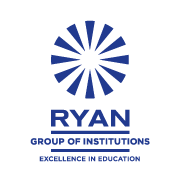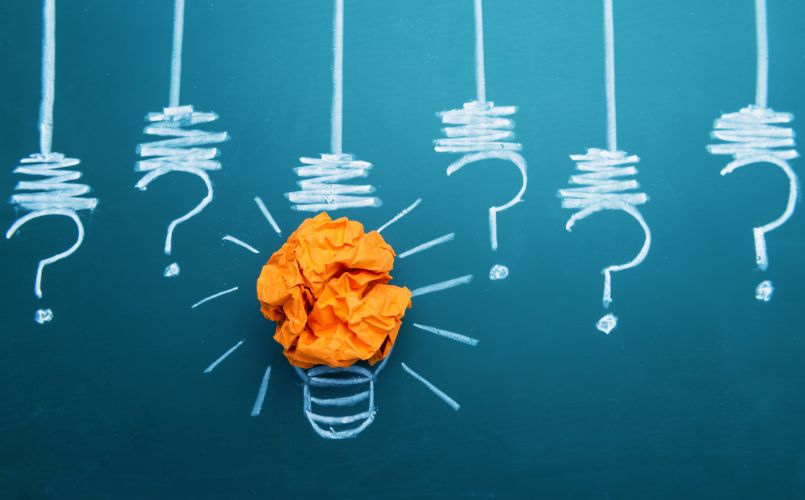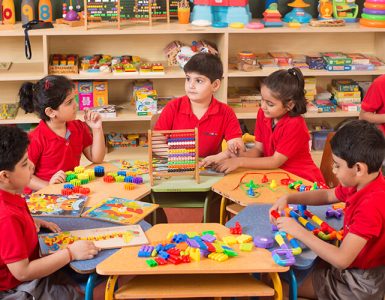The Significance of Developing Critical Thinking Skills
In todays fast paced digital world the ability to think critically is more important than ever before. For parents with children in K 12 education in India recognizing the importance of fostering thinking skills is paramount. This skill, often overlooked in educational programs forms the foundation for a childs capacity to analyze, assess and integrate information. It goes beyond accumulation of facts; it involves discerning their relevance and credibility.
With an amount of information available at our fingertips students are constantly bombarded with data. The real challenge lies not in accessing this information but rather in sifting through it to determine its authenticity. This is where critical thinking plays a role. It equips students with the tools to distinguish between truth and falsehoods ensuring that they become well informed and responsible digital citizens.
The Dilemma of Digital Misinformation for Young Minds
While the digital age offers advantages it also presents unique challenges. One of the pressing issues is the proliferation of digital misinformation. From manipulated images to headlines the internet abounds with content that can easily mislead impressionable young minds. This poses a concern, for parents.
Children who lack thinking skills are susceptible to being influenced by false narratives resulting in misconceptions and misguided beliefs.
However the solution does not involve isolating students from the world. Instead it entails equipping them with the skills to navigate it effectively. By prioritizing the development of thinking in K 12 education we can ensure that students become discerning evaluators of information rather than mere consumers.
As a renowned educator once said (although this quote is not specific to K 12 education in India) “Education is not about filling a bucket but lighting a fire.” It emphasizes the importance of sparking a passion for learning and providing students with the tools they need to succeed in a complex society.
Unraveling the Connection between Neuroscience and Early Education; Laying the Foundation
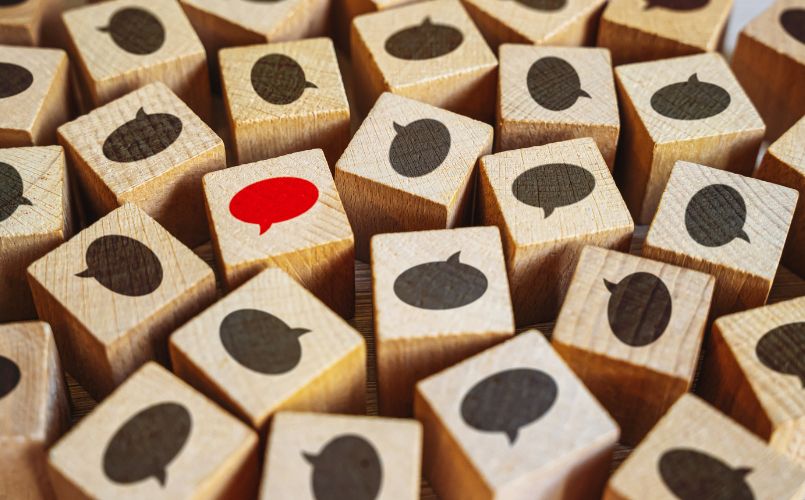
How Critical Thinking Skills Develop in the Brain
Neuroscience has unveiled insights into how our brains function and develop. One fascinating discovery relates to how our brains cultivate critical thinking abilities. From an age our neural pathways continuously evolve and refine based on our experiences and interactions. When appropriately nurtured these pathways can lead to heightened thinking capabilities.
Early education plays a role, in fostering this process.The human brain has adaptability during the early years making it a prime opportunity to introduce and reinforce exercises that promote critical thinking. Engaging children in activities that challenge their abilities, such as problem solving tasks, puzzles and analytical discussions can stimulate the growth of neural connections necessary for developing critical thinking skills.
The Importance of Early Education in Shaping Cognitive Abilities
The role of education in India is crucial when it comes to fostering critical thinking skills. Schools are not just places where children learn literacy; they serve as fertile grounds for cognitive development. By incorporating neuroscience based approaches into the curriculum educators can lay a foundation for childrens cognitive growth.
For instance encouraging students to question, debate and discuss topics empowers them to recognize and overcome their own cognitive biases. It’s not about providing them with answers but rather teaching them how to ask the right questions. This approach not nurtures a passion for learning but also equips students with the ability to critically assess and evaluate information.
By integrating elements of neuroscience into education students are exposed to a well rounded learning environment that emphasizes not only academic achievements but also values the development of essential life skills, like critical thinking.
Part 3; The Importance of Debate and Its Influence on Critical Thinking
Promoting Constructive Debate in Educational Settings
Debate when conducted in a manner can serve as a valuable tool for developing critical thinking abilities. Within the classroom environment debates provide students with the opportunity to express and defend their viewpoints while also actively listening to and evaluating opposing perspectives. This interactive process pushes students to think critically analyze arguments and effectively articulate their thoughts.
For students in India ranging from kindergarten to grade 12 engaging in debates can be particularly enlightening. It exposes them to opinions expanding their horizons and challenging any preconceived notions they may hold. Furthermore it fosters a sense of respect for differing viewpoints. A trait in todays multicultural and interconnected world.
The Role of Debate in Recognizing and Overcoming Cognitive Biases
biases, which are inherent quirks, in our thinking patterns frequently influence our judgment. Debates inherently compel students to confront these biases directly. When presented with a counter argument students are compelled to reassess their position and determine whether their beliefs are grounded in reasoning or influenced by deeply ingrained biases.
Moreover the process of engaging in debates. Where individuals present arguments, receive counterpoints and refine their positions. Plays a role in honing analytical skills. Over time students become skilled at identifying flaws in their thinking as well as in the arguments put forth by others.
Integrating debates into the K 12 curriculum can serve a purpose. Not does it enhance students critical thinking abilities but it also fosters self awareness by enabling them to identify and address cognitive biases that may hinder their judgment.
The Rise of 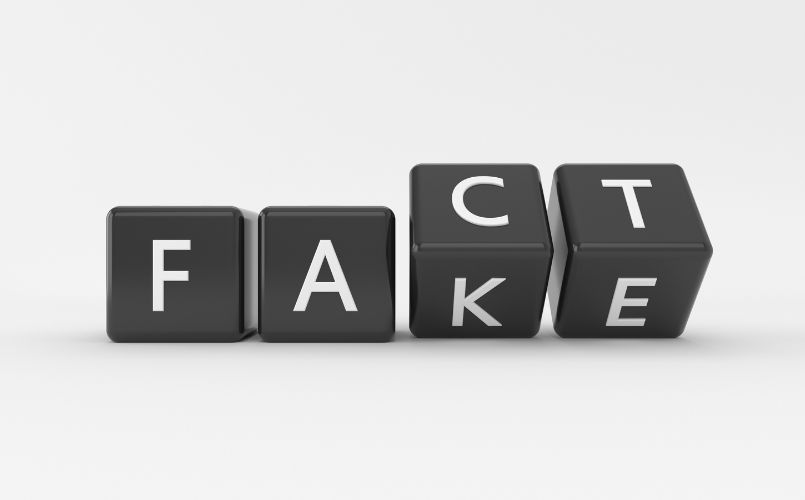 ; A Modern Threat to Critical Thinking
; A Modern Threat to Critical Thinking
The Ubiquity of Misinformation in the Digital Age
The advent of the era has brought about both advantages and challenges. On one hand it provides access to a wealth of information; on the other hand it has become a fertile ground for misinformation. From hoaxes to deepfakes online platforms are saturated with deceptive content capable of easily misleading unsuspecting individuals.
For K 12 students, in India this poses a challenge. Growing up in an environment where information’s just a click away puts them at higher risk of encountering and internalizing false narratives.
The distinction between what’s true and what is made up can sometimes become unclear leading to misunderstandings that can profoundly impact a persons perspective on the world.
Tips for Parents to Address False Information Online
Parents have a role in guiding their children through the complexities of the digital realm. Here are some strategies they can use;
Encouraging Open Conversations; Create an environment where your child feels comfortable discussing their experiences. By fostering dialogue parents can directly address any misunderstandings that may arise.
Teaching Verification Skills; Help children understand the importance of verifying information. Teaching them simple techniques like referencing facts with reliable sources can greatly assist in distinguishing truth from fiction.
Controlling Exposure; While its not possible to shield children from the digital world parents can limit their exposure to unreliable sources. By utilizing controls and steering children towards trustworthy platforms they can reduce the risk of encountering misinformation.
Nurturing Critical Thinking; Foster an attitude of questioning what is read and seen online. By encouraging skepticism parents empower their children with the ability to evaluate information critically.
In this era dominated by narratives developing critical thinking skills becomes not just valuable but essential, in protecting oneself against misleading information.
Conclusion and Call to Action
Moving Forward; Enhancing Critical Thinking in K 12 Education
As we navigate the complexities of the century the significance of critical thinking cannot be emphasized enough. It’s not merely a skill; it serves as a tool in an era defined by information overload and digital deceit. For K 12 students in India the stakes are particularly high. The decisions they make the beliefs they hold and the knowledge they acquire will shape the future of our nation.
In order to prioritize the development of thinking, schools, educators and parents must work together collaboratively. By incorporating neuroscience supported methodologies into teaching practices fostering debates among students and effectively addressing the challenges posed by digital misinformation we can establish a strong foundation for our childrens cognitive growth.
Parents play a role in this process. Engage actively with your childs school community actively participate in discussions surrounding education policies and advocate for a system that emphasizes critical thinking skills. Remember that it goes beyond academic excellence; it is about nurturing well informed individuals who can think critically and responsibly.
